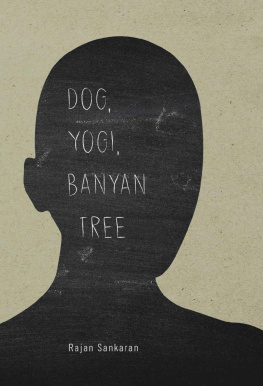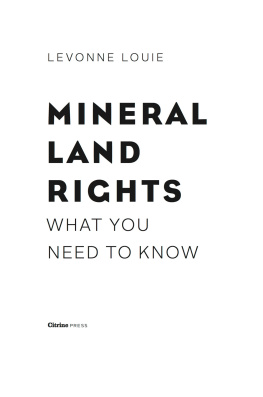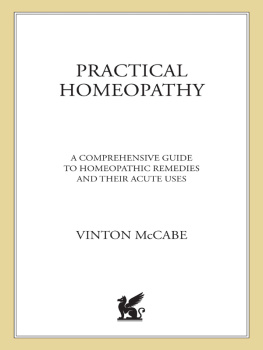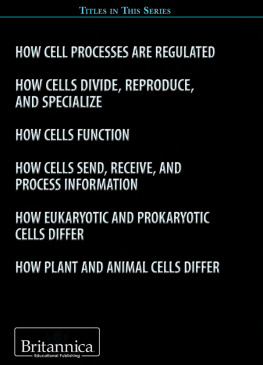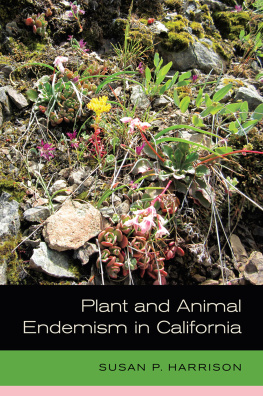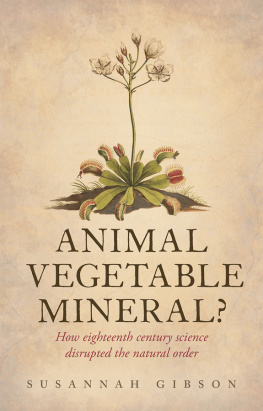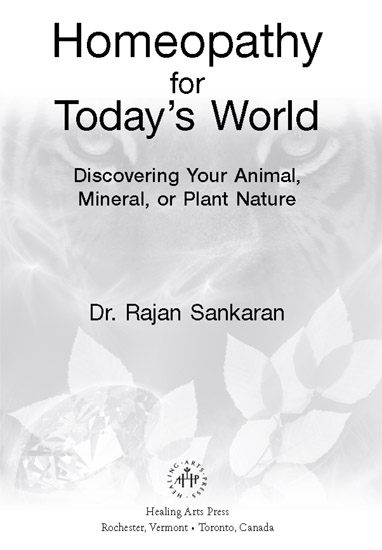
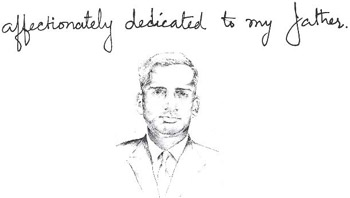
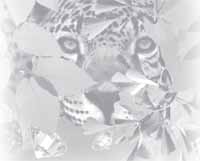
Homeopathy
for
Todays World

Dr. Rajan Sankaran is one of the most insightful homeopathic practitioners and thinkers alive today. The depth and originality of his vision have expanded the boundaries of homeopathic philosophy and practice, gaining him thousands of adherents among professional homeopaths worldwide. In this unique volume, Dr. Sankaran shares his perspective on homeopathy in a manner designed to be accessible to the layperson as well as the clinician.
JULIAN JONAS, CCH, LIC. AC., CENTER FOR HOMEOPATHY OF SOUTHERN VERMONT
Homeopathy for Todays World is a triumph: the healing art is revealed! Rajan Sankarans experiences and insights to date are united within an overarching philosophy and are made explicit and intelligible. His quest for the most reliable form of homeopathy has been unremitting. I will recommend this book to all my students.
MISHA NORLAND, FOUNDER AND PRINCIPAL OF THE SCHOOL OF HOMEOPATHY, DEVON, ENGLAND
Dr. Rajan Sankaran has given us a valuable tool to discover the other song, the inner individualizing experience inherent in every person. The nature of this core feeling plays an important role in the response to stressful situations and generally in the maladies of life. Dr. Sankarans clarity of thought in the methodology of how to access the continuous inner sensation has opened an immense perspective. His method serves as a deep journey into the self and is a valuable advancement of homeopathic practice today and in the future.
ANNE SCHADDE, FOUNDER OF THE HOMEOPATHY FORUM IN MUNICH AND COFOUNDER OF THE EUROPEAN AND INTERNATIONAL COUNCILS FOR CLASSICAL HOMEOPATHY
... a useful reading for homoeopathy practitionersbeginners and old-timers alike. Its merit lies in the scale of its view revealing the art of healing. The authors overarching philosophy is explicit and intelligible, and the exposition is such as to make understanding of the subject easy.
THE HINDU, ONLINE EDITION OF INDIAS NATIONAL NEWSPAPER
Acknowledgments
WHILE I AM grateful to many friends and colleagues for help in the preparation of this book, special thanks are due to Dr. Kanan Khatau Chikhal, who has worked with me on the book right from the first draft; and to Dr. Mary Gillies, Susan Cortes, Prof. Usha Subramanian, and Dr. Roger Morrison, whose editorial input has been most valuable. Some parts of this book are borrowed from my earlier books, The Sensation in Homeopathy and Sensation Refined, which were very competently edited by Dr. Rashmi Jaising and Dr. Antonia Desouza, respectively. My thanks are also due to my many friends and colleagues who read the initial drafts and offered their valuable feedback. These include Dr. Linda Johnston, Cheryl Feng, Rachna Toshniwal, C. Y. Gopinath, Hema Rajshekhar, Prof. Abdul Sattar, and Rajiv Mehrotra. Thanks to Dr. Divya Chhabra for her constructive criticism, which is much valued. Thanks to my children Soham and Sahaj for all the joy they bring into my life and all the lessons I learn through them. And special thanks to Dr. Meghna Shah, whose intention, efficiency, effort, and encouragement have made possible so much of what I do, and made it a joy. Many thanks to Anjali Menrai and Cheryl Feng for the artwork.
Many thanks to all my patients. Their trust in me is a very big motivation for all my work. Heartfelt thanks to those who have so kindly consented to have their detailed case studies reported here.
A NOTE TO THE READER
Recent discoveries in homeopathic practice have led to a completely new way of understanding the human being, concepts that can be applied universally. This book introduces these concepts to the lay reader and all those interested in knowing more about the human psyche.
It is not the purpose of this book to teach homeopathy or therapy. Such teaching needs to be imparted systematically and in recognized institutions. It would be highly risky to practice any therapy without proper, systematic, and rigorous training. At the same time, this book should not be used to superficially classify oneself or others.
To perceive what lies at the depth of each ones being is a process. Such a process needs to be carried out by someone well qualified, skilled, and trained. It demands of both the therapist and the one undergoing the process a completely open mind, free from all prejudice and knowledge, including what is offered in this book.
Preface
WHAT IS IT that makes each one of us who we are? What is it that makes us feel, perceive, experience, and act in a unique manner? Wherein lies this uniqueness and its source? What is it that generates stress in each of us? Questions like these are not merely interesting and intriguing but also vital to an individuals understanding of his persona. Know thyself is but the way to Heal thyself.
I had an opportunity to explore these questions in my own life when I was invited to country X for a seminar. The process of getting there was interesting. I applied for a visa and was told I would have to go to Delhi for a private interview. I wrote to my hosts in country X to ask if they could talk to their ministry to arrange that I be allowed to talk on the phone for the visa interview rather than go in person. They left a message with the ambassador and then told me to telephone him. When I called, however, the embassy said that he was away on vacation for one-and-a-half months. In his absence, the vice-consul didnt do phone interviews. So I wrote an e-mail. There was no response for ten days. What to do now? They said they would arrange for me to speak to the vice-consul. We dont promise. However, send your papers. So I sent them the papers, but after two weeks there was still no response. It was now three months since Id initiated the procedure, and there was still no result.
At this point I was supposed to be leaving in a week for a big world trip of seminars, and all my papers were delayed. After thirty to thirty-five phone calls, they told me the visa was ready. I sent somebody to pick up the papers at 9:00 a.m., and they made him wait until 4:00 p.m. and then told him to return the following day. The next day the same thing happened. They said my papers were not ready. The papers were for a different Sankaran, who wanted to leave on the same day. Then they asked for a bank paper, which would take a week to process. In the meantime the ambassador had returned, so I phoned him. I said, Give me my passport back, with or without the visa. He said, You are an honored guest, you must go! So again I sent a messenger. He arrived at 10:00 a.m., and throughout the day they told me they were putting the visa in his hand, while he reported he was still waiting outside. He got the visa at 7:30 p.m.
Why am I telling you this story? This is a typical stressful situation, and it provides a good opportunity to inquire into the nature of stress. If we can perceive what stress is in this given situation, maybe we can get an idea of what stress is in general. Surely I was very stressed in this situationbut what was happening within me that I labeled as stress? What did I feel and experience throughout this process? I could observe that simultaneously there were different things going on, as if there were different levels of experience within me.
Next page

